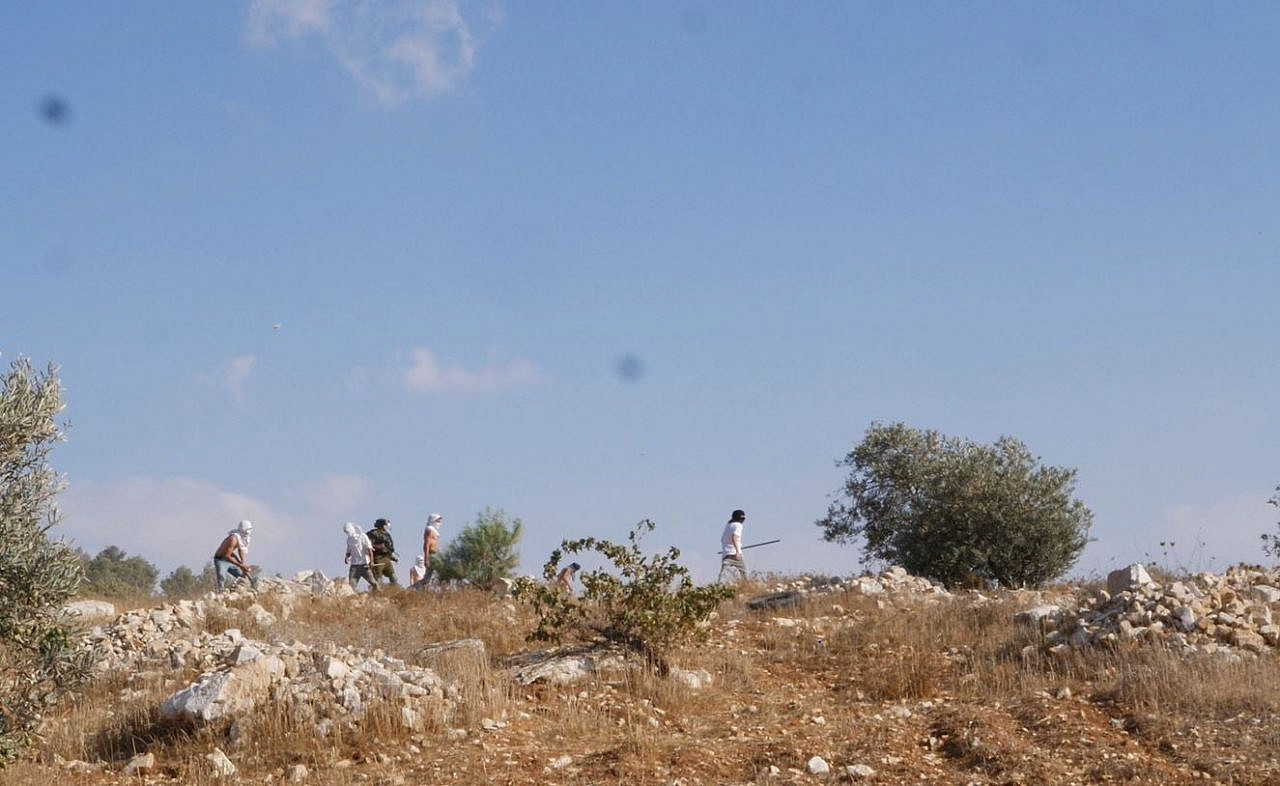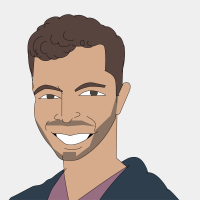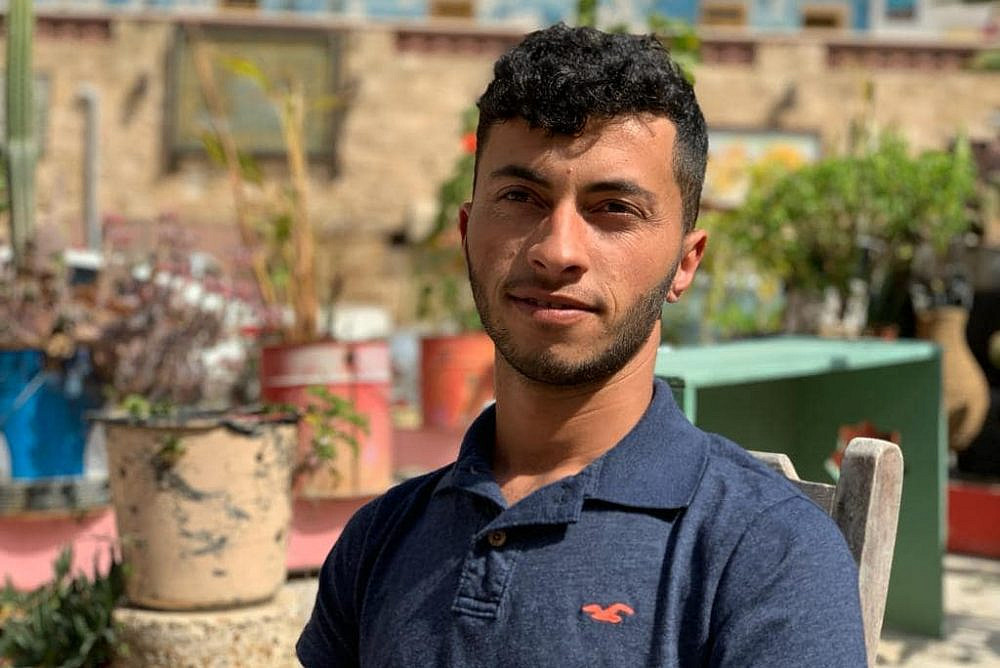Editor’s note: On July 15, +972 reporter Basel Adra was detained while covering a settler attack on Mufagara, a village in Masafer Yatta in the occupied West Bank. Although he identified himself as a journalist, Israeli soldiers handcuffed and blindfolded him, and sat him on a chair in the blazing sun for hours after he refused to reveal the footage of the events captured on his phone. Although army officials initially told +972 that Basel was not a suspect but rather had been detained for questioning as a witness to the attack, the army published an official response that evening indicating that he had been interrogated by the police as a suspect, a claim Basel denies in his testimony. The army also said it would review the way in which the army detained and handcuffed him.
The Union of Journalists in Israel called Basel’s detention “appalling” and a “serious violation of freedom of the press.” The organization further demanded that the army take measures against those responsible, and that they “publish clear procedures regarding the protection of journalists and journalistic privilege in areas they cover.”
The following is Basel’s testimony from Saturday’s events in full.
I heard the settler next to the officer say my name. Three soldiers came over to me while I was sitting with the shepherds, and told me to come with them. One of them asked for my ID number and phone number. Another patted me down.
The soldier told me: “You were here at the time of the incident, turn on your phone, I want to see what you have been filming.” I told him it was illegal to do so, and that if he wants to see the contents of my phone, he’ll need a warrant from a judge. I told him I cannot unlock the phone for him.
There were two police cars parked near us. I told the soldier that the investigation was the responsibility of the police, but that the officers didn’t ask me anything. The soldier told me that there are two ways he will get the videos: either I open the phone immediately and he will let me go, or there is a longer, harder way. He didn’t finish his sentence.
The officer called other soldiers to us and ordered them to arrest me. They put me inside the jeep. One of the soldiers put me in handcuffs and then tightened them. One of the settlers approached and said: “This is good for you,” and raised his middle finger at me. The soldiers then sat me on a chair and tied a piece of cloth over my eyes.

After five minutes, the jeep drove off. It stopped after a few minutes and the soldier told me that he was transferring me to another vehicle, and that his soldiers would accompany me.
After 10 minutes of driving in the other vehicle, they took me out of the jeep. One of the soldiers pushed me to go faster, but I couldn’t do so because I was unable to see. I tried to ask him what was going on and where I was.
Suddenly, I was put in a chair in the sun. The soldiers shouted at me: “You’re an asshole, you’re a dog, shut up.” One of them said to me: “Why don’t you go to Jenin?” and asked me if I was a journalist for Al Jazeera.
Another soldier told me I must not be educated, otherwise I would not have ended up in handcuffs on a military base. I told him that if he had been educated, he wouldn’t be where he was. I was not asked once about the settler attack on Mufagara, and no official investigation was conducted. I didn’t see a single police officer. After a few hours in the sun, the soldiers took me to the jeep, dropped me off at the entrance to Mufagara, and left.
If you wonder how this happens, the answer is simple: because of the laws of military occupation. I was never once given the opportunity to vote for the authority that has control over nearly every aspect of my life. Everything here is under the control of people who cover their faces, carry weapons, and wear military uniforms.
Most read on +972
For example, on June 13, the occupation army raided the town of Beit Ummar, just north of Hebron. Ehab Alama, a journalist and friend of mine from the town, documented the raid. He said that one of the soldiers, who was standing close to him, could see the camera in his hand, and his press jacket, but fired a bullet at his leg anyway. Ehab was taken to the hospital. On June 3, during the army’s raid on Jenin refugee camp, a soldier was filmed shooting directly at a press camera. Nobody cared about these two incidents, because the journalists in question are Palestinian. No one held the soldiers accountable. Ambassadors from the West did not offer their condemnations.
According to a report published by the Palestinian Authority’s Ministry of Detainees and Ex-Detainees Affairs earlier this month, there are currently 16 Palestinian journalists in Israeli custody, four of whom are in administrative detention.
A version of this article was originally published in Hebrew on Local Call. Read it here.






